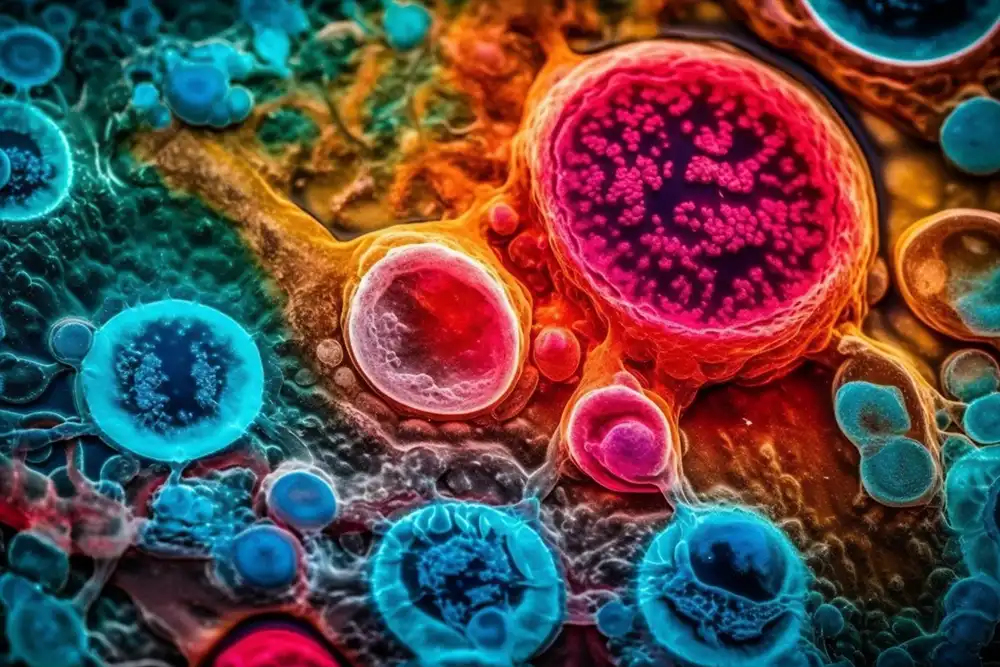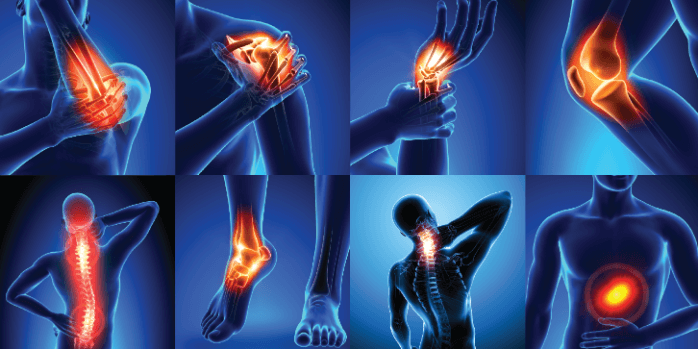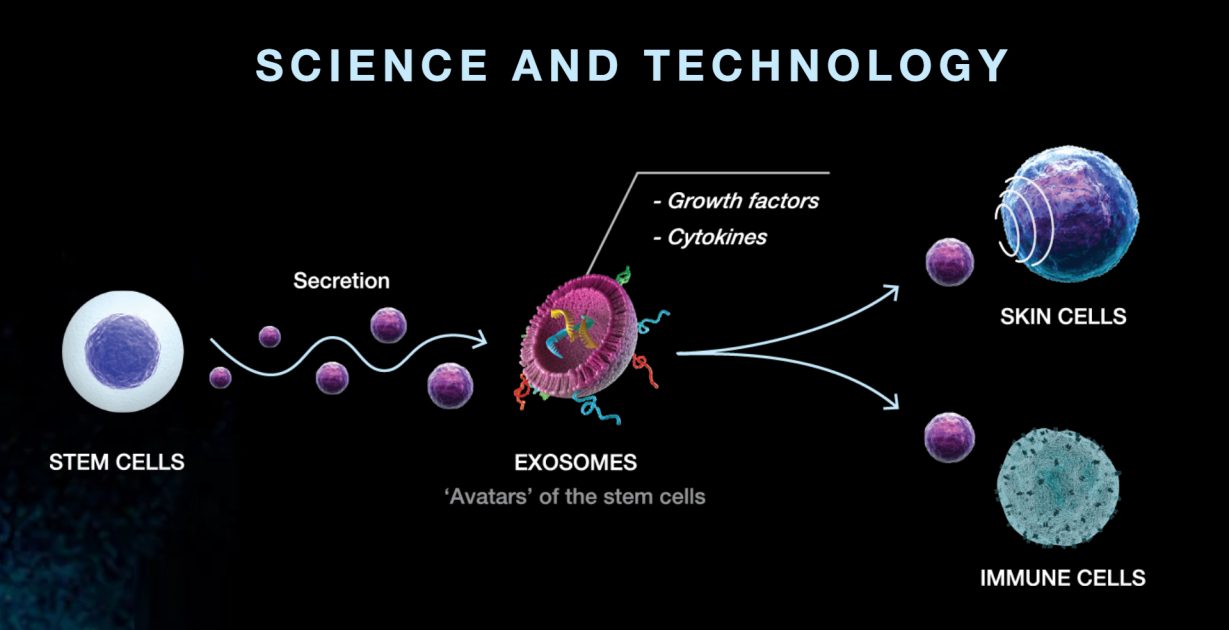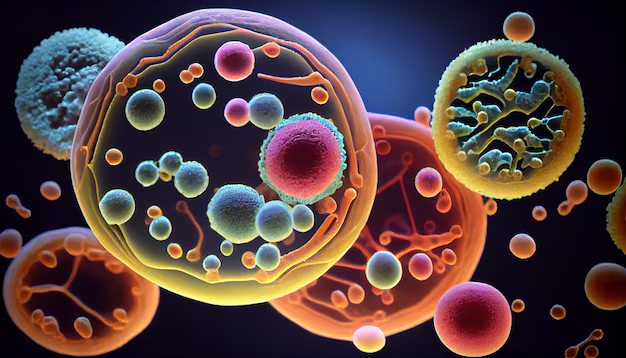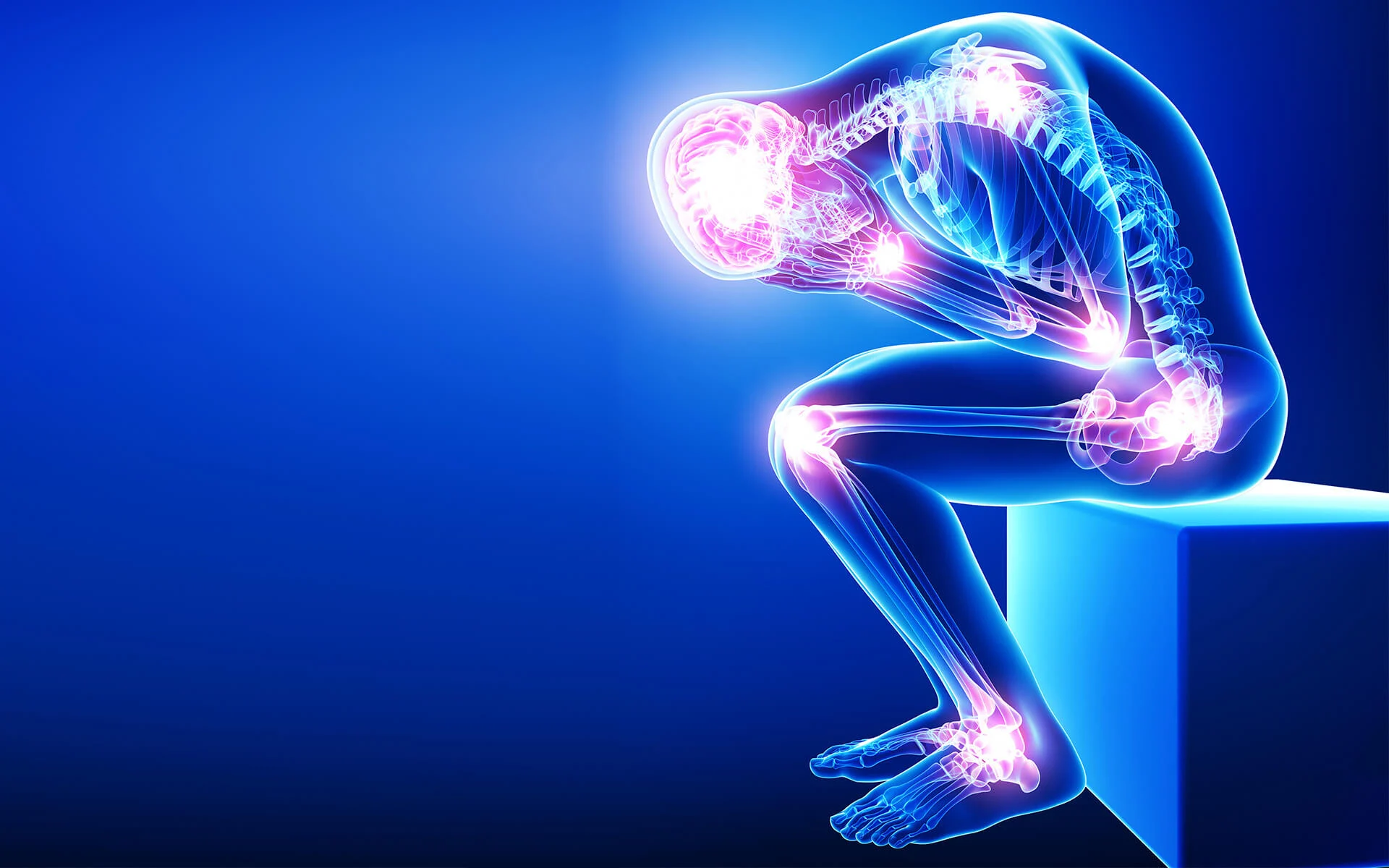
Stem Cell Therapy
What is Stem Cell Therapy?
Stem cells are unique, undifferentiated cells with the remarkable
ability to transform into various types of cells in the body, such as
muscle, nerve, and bone. This regenerative capacity allows them
to repair and regenerate damaged tissues, promoting healing and
supporting the body’s natural recovery processes; Targeting the areas
that cause chronic pain and inflammation.
Stem cells can help enhance tissue repair, reduce inflammation, and
accelerate the healing of injuries or chronic conditions, offering
significant benefits for overall wellness and vitality.
